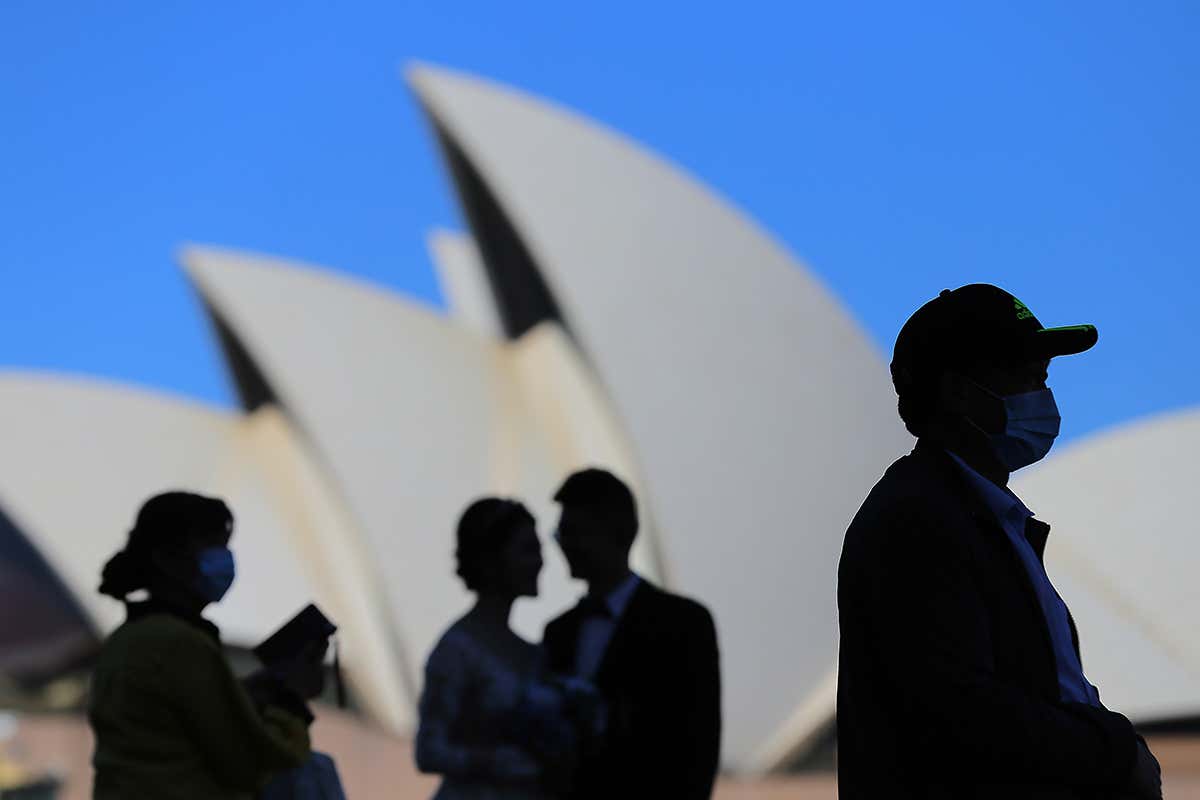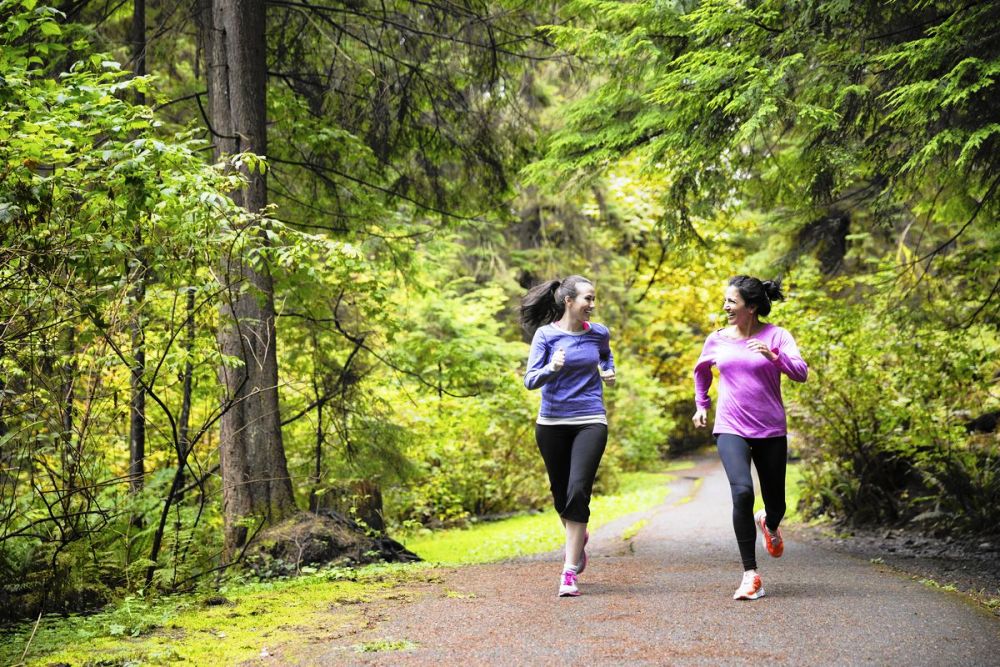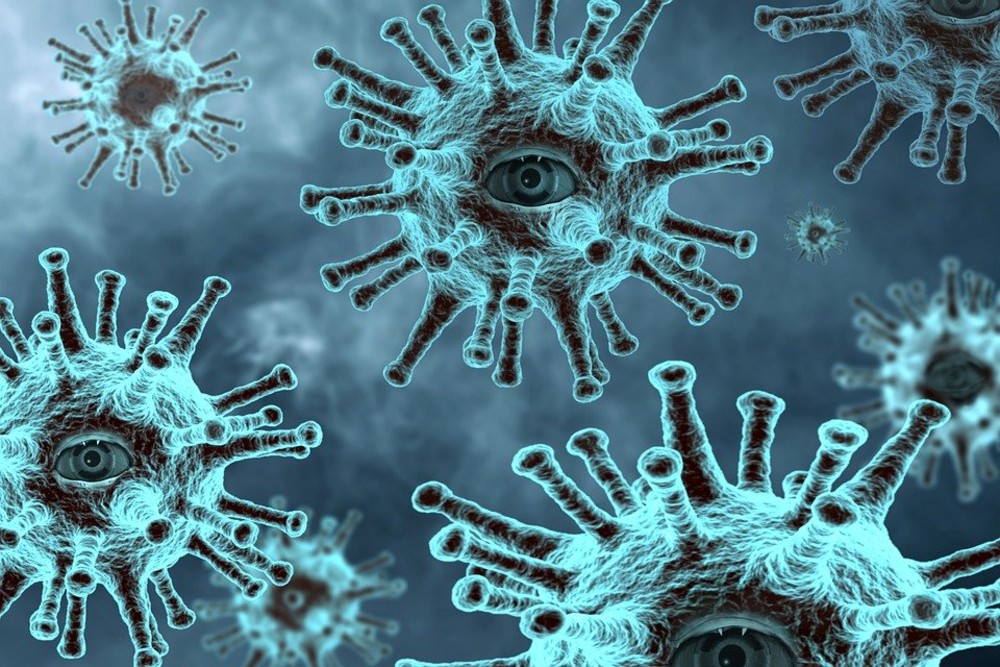Australian researchers conduct clinical trials on available drugs that might suppress COVID-19 as a vaccine is still far from reality.
Australian researchers focus on alternative drugs for COVID-19
While the whole world is searching a vaccine for COVID-19. Australian researchers focus their efforts on finding alternative routes to control the deadly effects of the coronavirus. With an increasing number of positive cases in the country, the Health Ministry intends to apply the results of these clinical trials on early detected cases of COVID-19.
The federal government has sworn $3 million to fund the clinical trials conducted by Australian researchers, according to Greg Hunt, Australian Health Minister.
The breakdown goes as follows: $1 million worth of funding will go to Sydney University, which will focus on the early detection of severe cases intended for intensive care units using CT scans. The remaining $2 million will be funded towards the research of Doherty Institute in coming up with rapid test kits for faster detection of the virus.
Early detection allows early treatment. Early treatment traslates to better recovery rate of patients.
-Greg Hunt
Early detection has better chances than waiting for a vaccine
The Doherty Institute research team led by director Sharon Lewin provides optimistic feedback in the success of early detection in a patient’s recovery. Early detection allows healthcare providers to treat patients using existing drugs to help suppress the effects of the coronavirus.
Using antiviral drugs is a better option since these are certified effective and safe for human use. Vaccines are not yet available, we have to make use of what is available but still with medical relevance.
-Sharon Lewin
The Australian Health Minister applauds the public for following the stay at home guidelines mandated by the government. Social distancing is a big help in controlling the transmission of the virus, which is why the government constantly reminds the public of maintaining a safe distance from each other and do not engage in mass gatherings for the meantime.
Featured image by New Scientist







